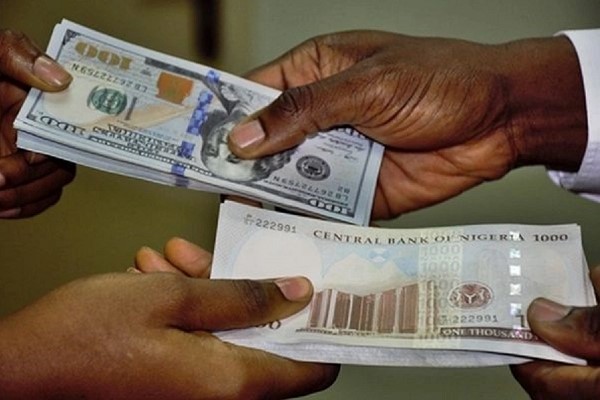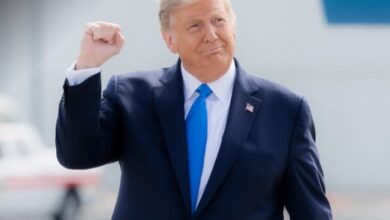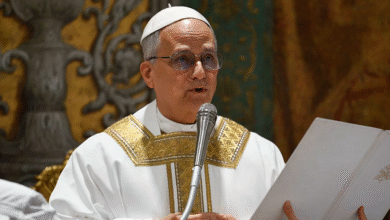Navigating Dollar-Naira exchange rates in a volatile market

The dollar-naira exchange rate remains crucial for businesses and travelers dealing with Nigeria’s economy.
As global markets shift, tracking these fluctuations helps individuals and corporations make smarter financial choices.
Understanding Exchange Rate Mechanics

Exchange rates measure how much one US dollar converts to Nigerian naira. Multiple factors shape this value, including government policies, economic stability, and international events. These variables directly affect import costs, travel expenses, and foreign investments.
Major Factors Affecting the Naira’s Value
Political stability significantly impacts currency strength, as uncertainty often weakens the naira. Additionally, inflation rates, interest adjustments, and trade deficits contribute to daily exchange movements. Government interventions in forex markets also play a decisive role in stabilizing or disrupting rates.
Latest Market Rates and Trends
Recent data shows black market rates at ₦1,600 (buying) and ₦1,610 (selling) per dollar. Lagos, Abuja, and Kano report these figures, though minor regional differences exist. Parallel markets often react faster to economic shocks than official channels.
Strategies for Financial Stability
To minimize losses, travelers and businesses should compare exchange services for optimal rates. Real-time tracking apps help users identify favorable conversion windows. Diversifying currency holdings also reduces vulnerability to sudden naira depreciation.
Emerging Challenges in Forex Access
Nigeria faces mounting forex scarcity, driven by high demand and limited bank liquidity. Rising national debt and speculative trading further strain the system. Without policy adjustments, these pressures may widen the gap between official and parallel rates.
The Black Market Debate
While critics blame unofficial markets for economic instability, others argue they provide essential dollar access. Stricter regulations could curb excesses without eliminating this vital supply channel for everyday Nigerians.
Future Projections and Preparedness
Analysts predict continued volatility due to global oil prices and domestic fiscal policies. Businesses must adopt flexible pricing models to absorb currency risks. Meanwhile, investors should monitor central bank reforms for potential market corrections.
Proactive Measures for Stakeholders
Importers can hedge against fluctuations by locking in forward rates. Tourists may prepay expenses or use dollar-pegged cards to avoid last-minute losses. Long-term planning remains key to surviving Nigeria’s unpredictable forex landscape.
Government’s Role in Stabilization
Monetary authorities must boost forex reserves through export diversification. Transparent currency management would restore confidence, potentially narrowing the official-black market gap over time.
Stakeholders who stay informed and adaptable will best navigate Nigeria’s complex exchange environment. While challenges persist, strategic adjustments can turn currency risks into opportunities for growth and stability.
Post Views: 34




